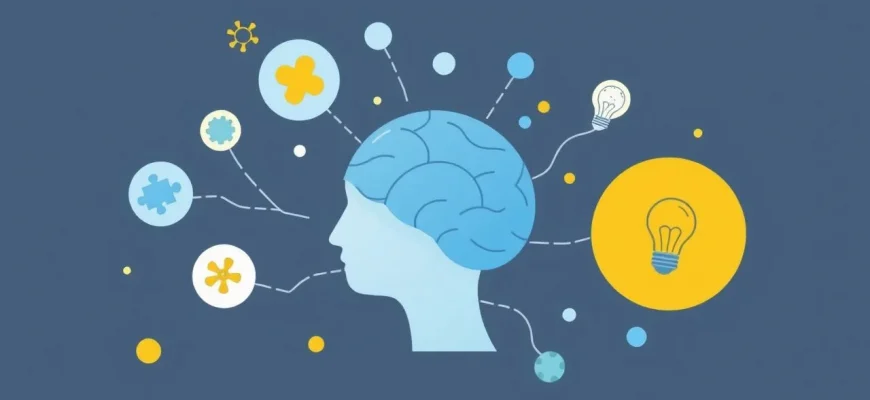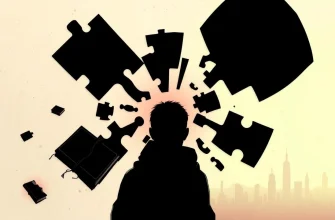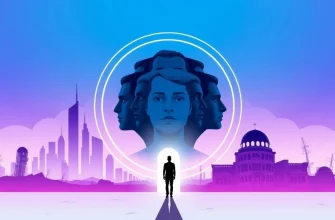Embark on a cinematic journey through the labyrinth of the human mind with these 10 sci-fi films. Each movie delves into the mysteries of consciousness, offering unique perspectives on identity, reality, and the essence of being. Whether you're a fan of psychological thrillers or philosophical explorations, this collection promises to challenge your perceptions and expand your understanding of the mind's infinite possibilities.

Dark City (1998)
Description: Dark City examines the manipulation of memory and identity by an alien race, questioning what makes us human and how our consciousness can be altered or controlled.
Fact: The film was initially overshadowed by "The Matrix" but has since gained a cult following for its unique visual style and philosophical depth.
 Watch Now
Watch Now 
The Matrix (1999)
Description: The Matrix presents a world where humans are unknowingly trapped inside a simulated reality, controlled by sentient machines. It raises profound questions about consciousness, free will, and the nature of reality, making it a cornerstone in the exploration of mind and perception.
Fact: The film's iconic 'bullet time' effect was developed specifically for this movie. The Wachowskis wrote the script after reading "Simulacra and Simulation" by Jean Baudrillard.
 Watch Now
Watch Now 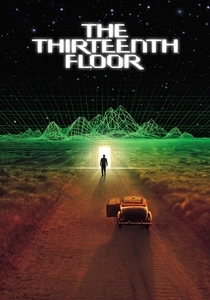
The Thirteenth Floor (1999)
Description: This film explores virtual reality and the idea of simulated worlds, where characters question their own existence and the nature of their consciousness within these artificial environments.
Fact: It's based on the novel "Simulacron-3" by Daniel F. Galouye, which also inspired "The Matrix." The film's ending leaves viewers pondering the layers of reality.
 Watch Now
Watch Now 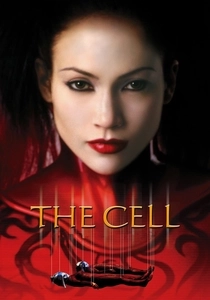
The Cell (2000)
Description: In this film, a psychologist enters the mind of a comatose serial killer to find the location of his latest victim, exploring the dark recesses of the human psyche and the concept of shared consciousness.
Fact: The film's surreal visuals were inspired by the works of Salvador Dalí and H.R. Giger. Jennifer Lopez's character uses a device to enter the mind, a concept later echoed in "Inception."
 Watch Now
Watch Now 
Waking Life (2001)
Description: Waking Life is an animated exploration of existential questions, dreams, and the nature of consciousness, where the protagonist wanders through various philosophical discussions, blurring the line between dream and reality.
Fact: The film was shot in live-action and then rotoscoped, similar to A Scanner Darkly. It features numerous real-life philosophers and thinkers discussing their ideas.
 Watch Now
Watch Now 
Vanilla Sky (2001)
Description: This film deals with themes of identity, reality, and the manipulation of consciousness through cryonics and virtual reality, offering a mind-bending narrative about what it means to be truly awake.
Fact: It's a remake of the Spanish film "Abre los ojos" (Open Your Eyes). Tom Cruise's character's name, David Aames, is an anagram of "I am a seed."
 Watch Now
Watch Now 
Eternal Sunshine of the Spotless Mind (2004)
Description: This film explores the idea of erasing memories to cope with heartbreak, delving into the subconscious mind and the emotional impact of memory manipulation. It's a poignant look at how our consciousness shapes our identity and relationships.
Fact: The film was shot in sequence to help the actors convey the emotional journey of their characters. The title is derived from a poem by Alexander Pope.
 Watch Now
Watch Now 
A Scanner Darkly (2006)
Description: Based on Philip K. Dick's novel, this film uses rotoscoping animation to explore themes of identity, surveillance, and the blurring lines between reality and drug-induced hallucinations, making it a unique entry in our list.
Fact: The film was shot with live actors and then animated over, giving it a surreal, dream-like quality. The story is semi-autobiographical, reflecting Dick's own experiences with drug addiction.
 Watch Now
Watch Now 
Inception (2010)
Description: Inception explores the concept of dreams within dreams, where a team of specialists enters the subconscious mind to implant an idea into a target's mind. This film is a perfect fit for our theme as it delves deep into the layers of consciousness, questioning the nature of reality itself.
Fact: The film's dream logic was inspired by lucid dreaming and the works of Carl Jung. Christopher Nolan wrote the script over a decade before the film was released.
 Watch Now
Watch Now 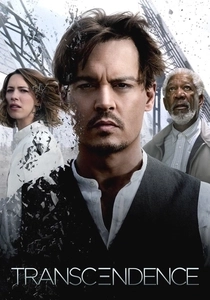
Transcendence (2014)
Description: Transcendence deals with the uploading of human consciousness into a computer, exploring themes of artificial intelligence, singularity, and the essence of human identity in a digital age.
Fact: The film was directed by Wally Pfister, Christopher Nolan's longtime cinematographer. Johnny Depp's character, Will Caster, is named after the film's director and producer.
 Watch Now
Watch Now 
